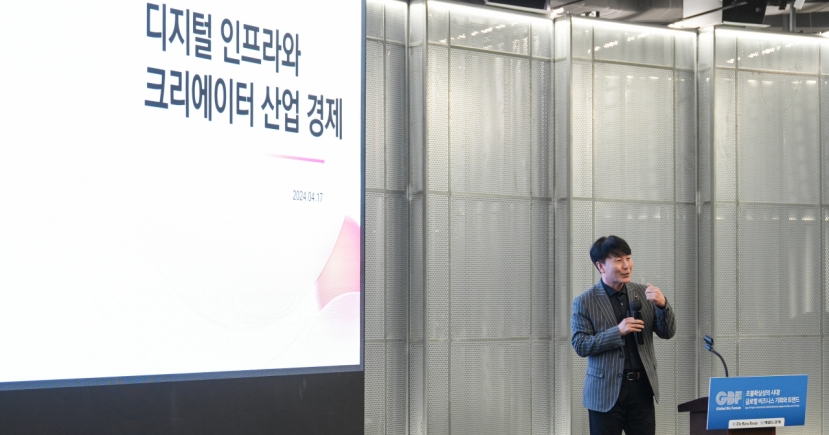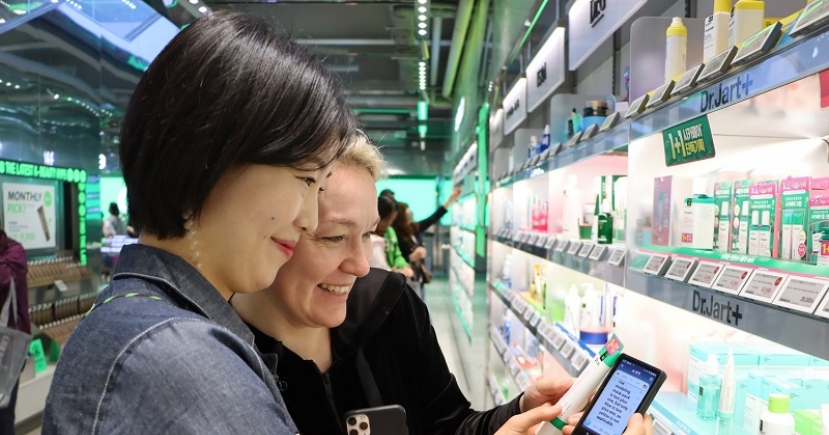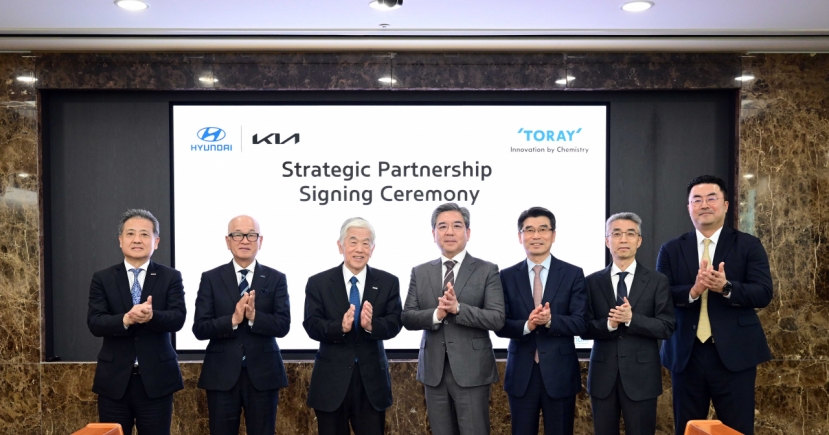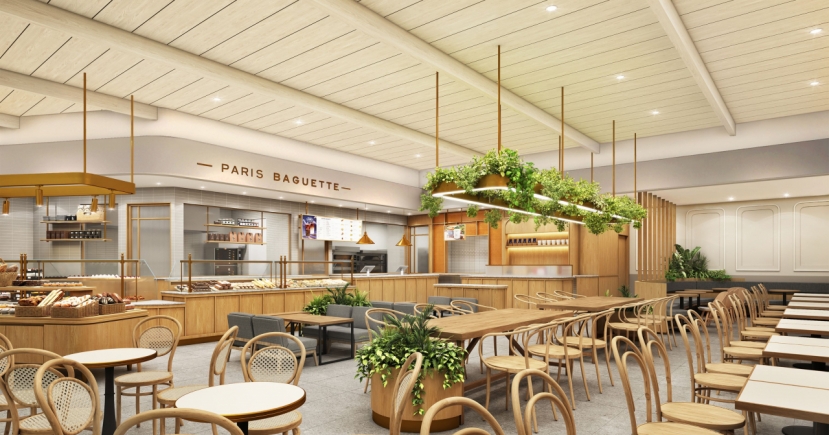사용안함XX-Management
Ex-Daewoo Group chief Kim Woo-choong dies at 82
Former Daewoo Group Chairman Kim Woo-choong, once touted as one of the most successful businessmen in South Korea, died late Dec. 9 at age 82, an organization affiliated with the now-defunct conglomerate said.
Kim, the founder of the trading-to-automobile conglomerate, died of a chronic disease at a local hospital, according to Daewoosky Institute, which represents former employees of Daewoo Group.
 |
He launched Daewoo in March 1967 to export textiles to Southeast Asian markets, and the trading company grew into Daewoo Group, the country‘s second-biggest conglomerate after Hyundai Group, through leveraged buyouts of numerous companies.
For the three decades after its foundation, Daewoo continued to acquire dozens of companies in the fields of automobile, trading, machinery, shipbuilding, construction and securities under the chairman’s motto, “The World Is Still Wide and There Are Many Things to Do.”
The group built its headquarters named Daewoo Building in central Seoul in 1977. The 23-story building was the tallest in Korea at that time.
Back then, conglomerates were widely accepted as entities “too big to fail” as they played a major role in supporting the economy and hired tens of thousands of employees.
Still, Daewoo’s relentless expansion inevitably led to an overly diversified business structure, which was supported by massive debts.
Daewoo Group ran into serious financial problems during the 1997 Asian financial crisis and went bankrupt two years later.
Its flagship company, Daewoo Motor, was sold to General Motors in 2002 and renamed GM Korea. Its other affiliates, such as Daewoo Engineering & Construction and Daewoo Shipbuilding & Marine Engineering, were sold to domestic rivals.
Following Daewoo’s demise, Kim spent most of his time in Vietnam, where he focused on fostering Korean entrepreneurs under a project dubbed Global Young Business Manager.
As his health deteriorated, the former chairman returned to South Korea last year and received medical treatment at Ajou University Hospital, which he founded. He died at that hospital.
By Ram Garikipati and newswires (ram@heraldcorp.com)








